Typical Guidelines for Fix and Flip Loans
Below are some of the general guidelines for most of the lenders listed on our platform.
- Loan Amounts: $50,000 to $3,000,000
- Very few lenders will consider loans less than $50K
- Some lender will consider fix & flip loans up to $7M in select markets like Los Angeles, San Francisco, New York City, Austin, Miami and another areas that have high home values
- Maximum Loan-to-Purchase: Up to 85%
- A small number of lenders will consider funding 90% of the purchase
- Few lenders fund 100% of the purchase price
- Down Payment Required: 10% to 20%
- Most lenders require a down payment of 15%
- Only a handful of lenders will consider 0% down. Read our Guide about 100% financing for fix & flip.
- Loan-to-Cost: 100% of rehab costs
- Most lenders fund the entire rehab budget and control the release of funds
- A small percentage of lenders will require investors to contribute to the rehab costs
- Loan-to-After Repair Value (ARV): up to 70%
- Some lenders will reduce the after-repair value to 65% if the investor lacks experience or if the location is less desirable
- Lien Position: 1st only
- Professional private lending companies do NOT consider 2nd position loans (aka gap funding)
- Loan Term: Up to 12 months
- Some lenders max out at 6 months but will offer extensions
- If the project goes over 12 months, most lenders allow extensions but would charge at least 1 point
- Payment Structure: Interest Only; fix and flip loan payments are not amortized
- Monthly Interest Payments: Yes
- Almost all lenders require the investor to make monthly interest payments
- Few lenders will allow the interest to be deferred until the house is sold
- Typical Interest Rate Range: 10.50% to 14%
- The average interest rate for fix and flip loans is 11.50% (as of October 1, 2023)
- Typical Origination Fee: 1 to 3 points
- Most lenders charge 2 points
- The points could be higher for small loan amounts
Every lender has different guidelines. For all the lenders listed on our platform, we require them to provide their criteria and guidelines on their profile.
Typical Requirements for Fix & Flip Loans
Below are some of the general requirements for most fix & flip lenders on our platform.
- Rehab Budget
- Investor has to present a document or spreadsheet showing all the work that needs to be done and how much it will cost.
- Contractors Ready to Work
- Lenders want to see that the investor has a relationship with a general contractor or subcontractors
- Sufficient Cash Reserves
- In case project goes over budget or takes long to sell
- Most lenders will not provide additional funds if project goes over budget
- Experience: 1 completed flip project in past 2 years
- Some lenders don’t require any experience at all, but they will ask for a higher down payment and higher reserves
- Without experience, lenders will only consider a “light” rehab
- Minimum Credit Score: 500
- Most of the national lenders require a 620+ FICO score
- Many local or regional lenders don’t care about the score, but they’ll want an explanation of why the score is low
- Most lenders will run a credit report, even if they don’t care about the score
- They have to check for other major events such as a foreclosure, bankruptcy, etc.
- Background Check
- Lenders want to know if the investor has a criminal history, has ever sued a lender, or has any pending lawsuits
Every lender has different requirements, and most of the lenders you find on our website will provide this information on their profile.
Residential Properties Only
The term “fix & flip” is typically used only to refer to residential investment properties, including:
- Single Family Residence
- Condominium
- Townhome
- Duplex (2 residential units)
- Triplex (3 residential units)
- Fourplex (4 residential units)
For commercial real estate, multifamily properties with 5+ units, or mixed-use properties, “value-add” is the more common term used by lenders and experienced investors.
Private Money vs Hard Money Lenders for Fix & Flip Investors
Real estate investors who rehab and flip residential properties have lots of options when it comes to financing. Prior to 2014, fix & flip lending used to be limited to the metro area where the lender has a local office, but now most fix & flip lenders are national, or lend in 30+ states across the country.
Benefits of Borrowing from a Professional Fix & Flip Private Lender
Whether you call it “private money” or “hard money” is not important. At PrivateLenderLink.com, we consider them the same thing, but we are focused on connecting property investors (and brokers) with private lending companies, not individual investors. Many real estate investors consider “private money” or “private lenders” to be individuals who lend out their own retirement funds and don’t charge any points or other fees, but most professional lending companies call themselves “private lenders” while other lenders embrace term “hard money” because that’s what most real estate investors call them.
The majority of house flippers in the United States work with professional private lending companies to finance their flip projects, and there are several benefits to borrowing from a private lending company versus an individual.
- Continuity of Capital
Most individual private investors will run out of money to lend. Professional lenders have multiple capital sources and almost never turn down a fix & flip loan due to lack of funds. - Efficiency
Most professional lending companies have a very efficient system for underwriting and funding fix & flip loans, as well as the rehab draws throughout the project. - Help & Support
Most professional lending companies are very experienced with fix & flip projects and offer assistance/advice to their borrowers if needed.
Fix & Flip Loan Scenarios / Structures
Below are a few scenarios of how a real estate investor may obtain a fix & flip loan.
Cash Down Payment for Property Purchase
The majority of fix & flip loans are structured with the investor contributing a 10% to 20% cash down payment for the acquisition, and the lender finances the entire rehab budget.
Already Own the Property
Some real estate investors may want to rehab a property that they already own, so the down payment is not applicable. Perhaps it has been a rental property for several years, or it was recently purchased with all cash. There are two ways to structure the rehab financing. The first is where the lender controls the use of the money, releasing the funds in phases as work is completed. The second option is for the investor to take the entire loan amount and control the use of the funds as they wish. This is essentially a cash out refinance, not a fix & flip loan. A lender would only consider this if there is lots of equity in the property prior to the renovation.
Use Equity in Another Property
If a real estate investor owns other investment properties with enough equity, many private lenders can use that property as collateral instead of a cash down payment for the purchase. In private lending, this is commonly known as “cross-collateralizing.” The lender would have a 1st mortgage on the crossed property as well as the house being fixed and flipped.
The maximum loan-to-value is typically 70%, so use that number to determine if there is enough equity. If there is an existing 1st mortgage on the crossed property, it would have to be paid off in most cases. Some lenders may consider a 2nd position in select states like California or Arizona. In California, investors can use equity in their primary residence to fund the purchase of an investment property. The state has an exception to the federal consumer mortgage laws which makes this possible for homeowners to use their home equity for a business purpose.
Videos About Fix & Flip Lending
Funded Fix and Flip Loan Examples
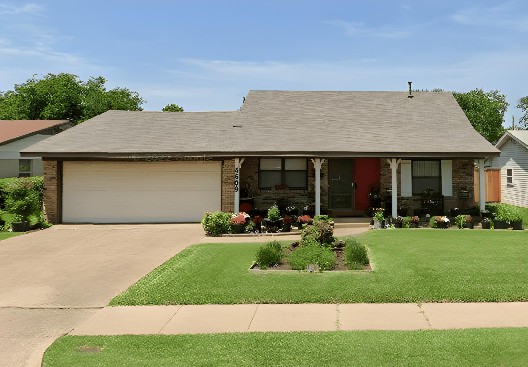
Easy Street Capital, a direct private real estate lender, funded a $269,500 1st lien position fix and flip loan for a single-family home in Garland, Dallas County, Texas. We funded 85% of the $255,000 purchase price and 85% of the $63,000 renovation budget, while the Borrower contributed 15% cash respectively at closing. The after-repair value was $385,000 so our loan-to-after-repair value was 70%. The Borrower will be doing a cosmetic rehab of the subject property with some servicing of the utility systems and demolition. The interior of the home will be getting new windows, doors, drywall, trim, paint, flooring, appliances, and an updated kitchen/bathroom. The exterior of the home will be getting new framing, siding, paint, pressure washing, landscaping, fencing, and final cleaning. The Borrower plans to sell the property upon completion of the light rehab. The subject property is approximately 1,764 square feet set in a 9,300-square-foot lot. The interest rate was 9.9% and we charged 2% origination points. The loan term was set at 6 months. This SFR fix and flip loan was funded in August 2023.
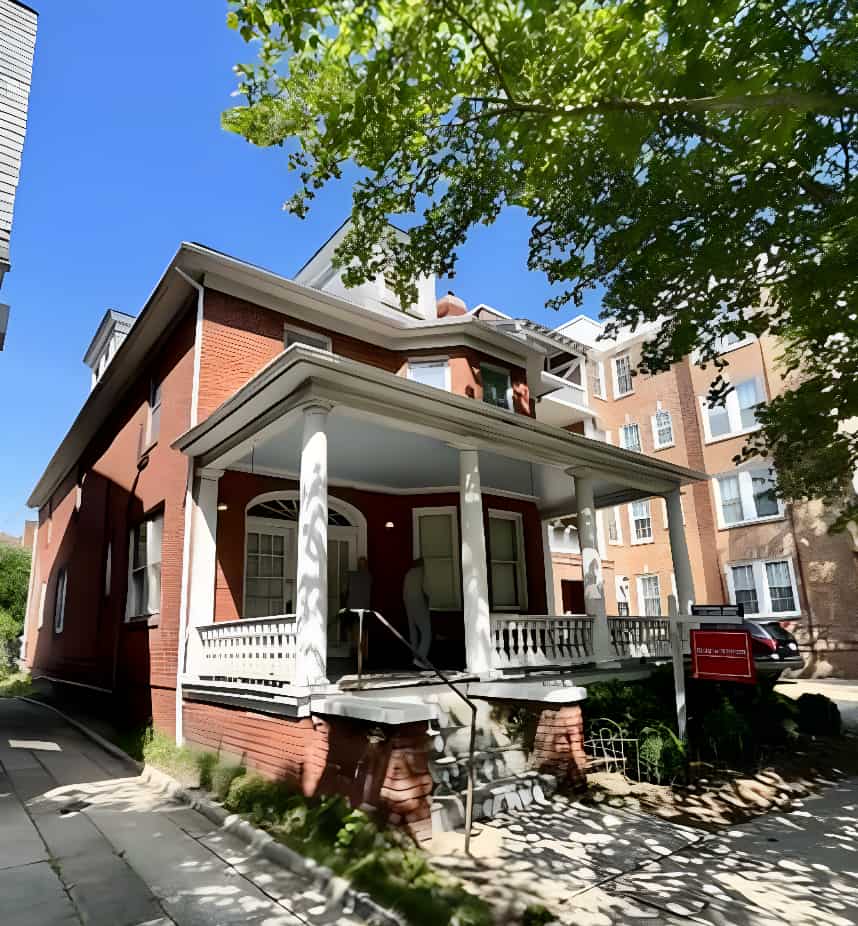
Rehab Financial Group, a private money lender, funded a $575,000 1st lien position fix and flip loan for a single-family home in Norfolk, VA. We funded 100% of the $350,000 purchase price and 100% of the $225,000 renovation budget. The after-repair value was estimated at $829,000 so our loan-to-value was 69.36%. The Borrower put no money down. They had to self-fund the first phase of the rehab budget but we will reimburse them once that phase is completed. The subject property was vacant at closing. It was approximately 4,283 square feet. The Borrower had excellent credit, which is one of the requirements for our 100% financing program. They plan to sell the property upon completion of the heavy rehab. The interest rate was 11.99% and we charged 2.75% origination points. The loan term was set at 12 months. This SFR fix and flip loan was funded in May 2023.
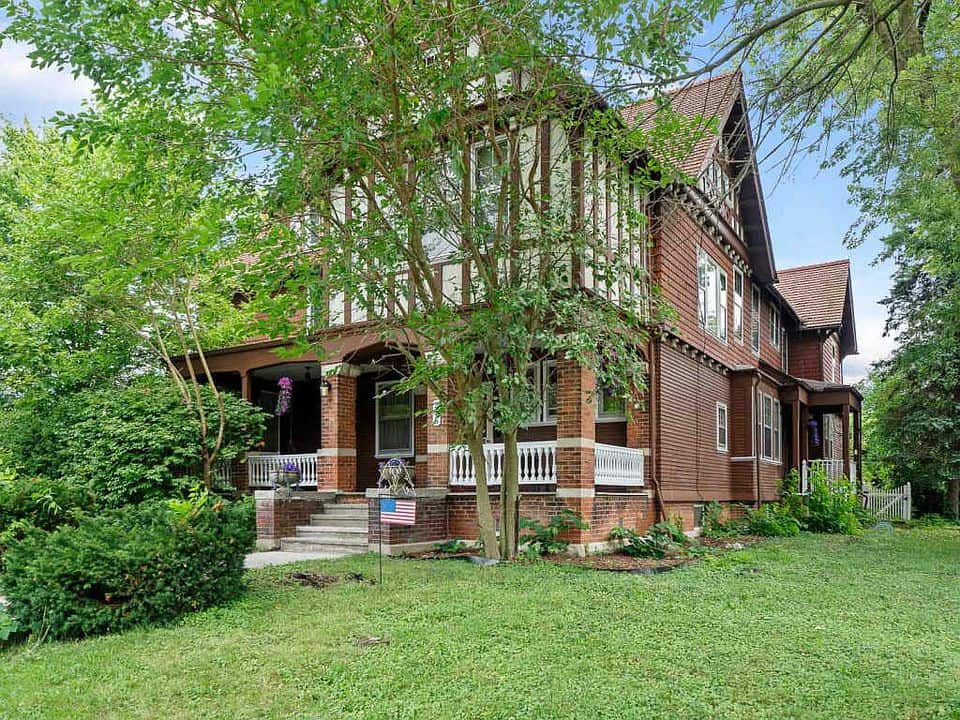
Fix & Flip Loan for SFR in Columbia City, Indiana
$185,000
Real Property Investment Partners, a direct private lender, funded a $185,000 1st lien position fix and flip loan for a single-family home in Columbia City, Indiana. We funded 100% of the $30,000 renovation budget and 85% of the $180,000 purchase price, while the Borrower contributed 15% cash to the purchase at closing. The after-repair value was estimated at $260,000 so our loan-to-after-repair value was 72%. This was our first fix and flip deal in the state of Indiana. We are excited to take part in bringing charm back to this house for the new homebuyer. The subject property is approximately 3,863 square feet. The Borrower had good credit. They plan to sell the property upon completion of the light rehab. The interest rate was 12% and we charged 2% origination points. The loan term was set at 6 months. This SFR fix and flip loan was funded in June 2023.

Karpe Real Estate Center, a direct private lender for Central California real estate, funded a $320,000 1st lien position fix and flip loan for a single-family residence in suburban Bakersfield, CA. We funded 36% of the $260,000 purchase price and 100% of the $226,000 renovation budget. The Borrower used some of their own cash and seller financing in 2nd lien position for the remaining 64% of the purchase price. The after-repair-value was $486,500 so our loan-to-value was 65%. The $226,000 renovation budget was sent to a 3rd party funds control to be held in trust while the Borrower performs the renovation. Draws will be utilized in order to reimburse the Borrower or pay the subcontractors. The subject property was vacant at closing. It is approximately 2,299 square feet set in a 19,565-square-foot lot. The Borrower plans to sell the property upon completion of the heavy rehab. The interest rate was 11%. The loan term was set at 12 months. This SFR fix and flip loan was funded in March 2023.
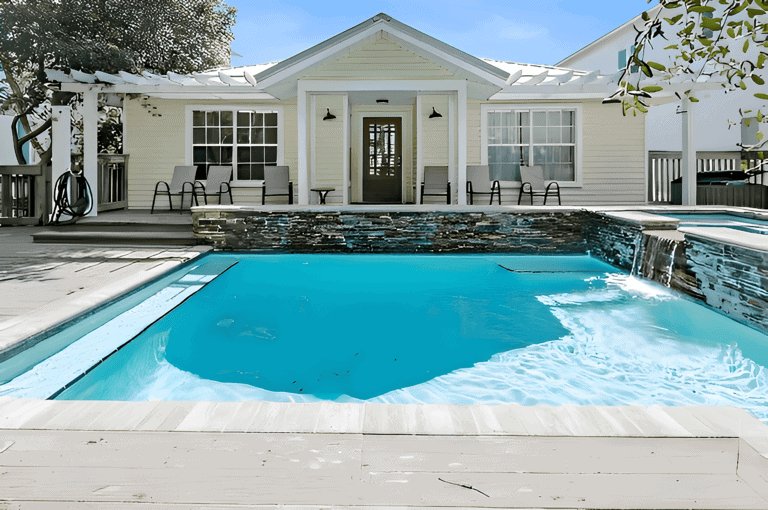
RCN Capital, a national direct private lender, funded a $934,500 1st lien position fix and flip loan for a single-family residence in Destin, FL. We funded 100% of the $129,350 renovation budget and 70% of the $983,500 purchase price, while the Borrower contributed 30% cash to the purchase at closing. The subject property was appraised for $1,170,000 As-Is and an after-repair value of $1,335,000 evidenced a 16.86% return on investment for the Borrower. Our loan-to-value was 70%. The Borrower was an experienced investor (3+ Verified) under contract to acquire the subject property for $983,500 (Net Seller Credit $16,500). They are experienced in handling this type of flip and have good liquidity. The subject property is located in a popular neighborhood in the Crystal Beach area and is just 2 blocks from the beach. The subject property is approximately 2,604 square feet set in a 7,501-square-foot lot. The Borrower plans to sell the property upon completion of the rehab. The interest rate was 11.49% and we charged a 1% origination point. The loan term was set at 12 months. This SFR fix and flip loan was funded in February 2023.
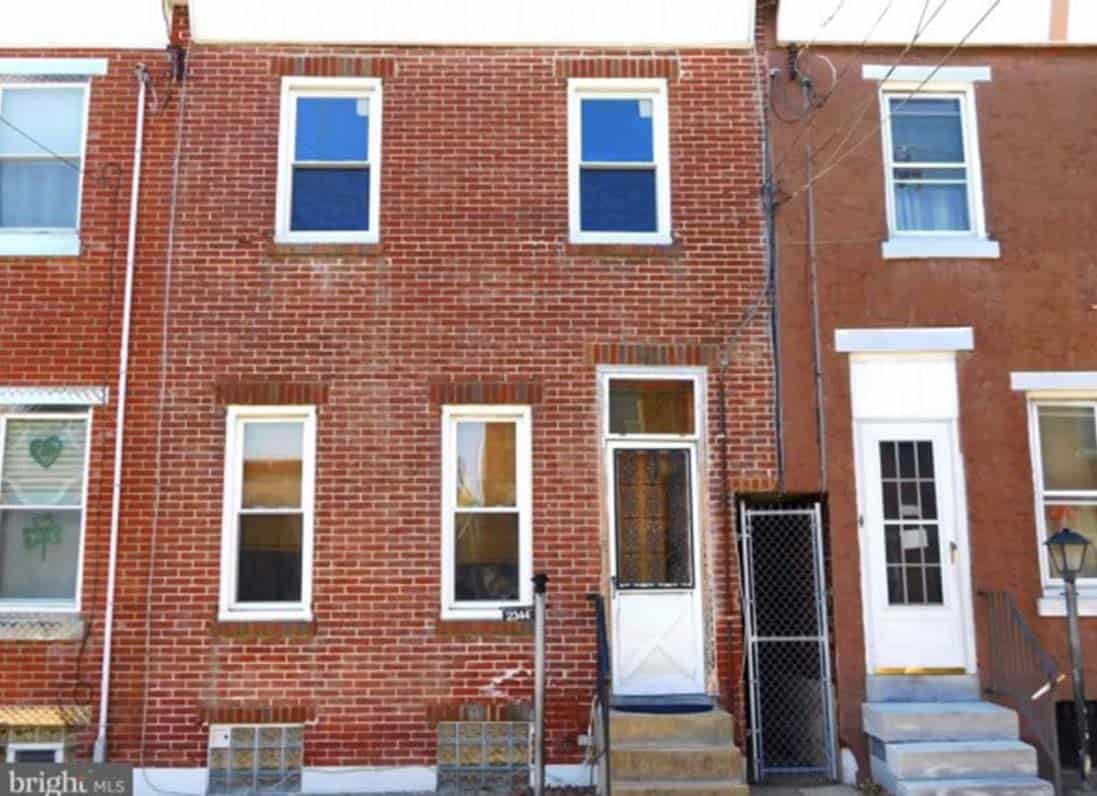
This Client was a full-time real estate agent/broker who also passively invests in real estate. He had eight flips under his belt and owned ten rental properties in the higher-end luxury home market in Philadelphia, Pennsylvania. The Borrower typically uses cash to fund acquisitions and construction costs, however he was running into cash flow issues due to high construction costs. Although the Borrower liked the flexibility of using his own cash to avoid managing draw requests, he no longer had the ability to fund 100% of construction over his three active properties without depleting his cash reserves. This successful investor found himself stuck—needing to choose between selling one of his three projects at 50% completion or finding another option. To make matters worse, the Borrower had subcontractors breathing down his neck and he did not have the luxury of time to wait for a bank, nor would they be able to offer him the leverage he needed. A mutual contact in the real estate community referred the Borrower to iFC’s co-founder Chris Tereo. After hearing the investor’s dilemma, Chris walked the investor through a creative financing technique called “delayed financing.” Essentially, this meant that, by leveraging the original purchase price of the house, iFC could give the investor a “cash out” loan to help him recoup some of the construction costs he had already spent. Then, in addition, iFC would fund 100% of the construction costs in holdback. This SFR fix and flip loan was funded in February 2022.
Key Loan Benefit to Borrower:
The ability of iFC to be flexible in this situation not only gave the investor enough capital to finish the three projects he was involved in but, since he had purchased the majority of his assets in 100% cash, the extra liquidity provided him enough capital to purchase a fourth project! The investor saw the value of using debt in a smart way, so much so that he decided to scale his business by using his cash for the 15% of equity needed in deals, and IFC for the remaining 85% in debt.
Customer Feedback:
“Not only did my projects get saved, I also increased my cash-on-cash return by leveraging my capital!”